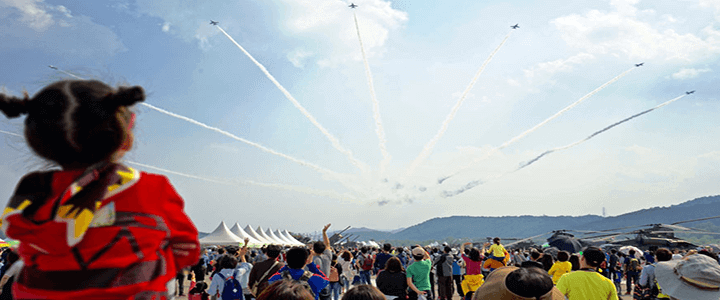For a brief moment, as we rang in the New Year, it looked as if there might be an easing of tensions between the United States and the Republic of Korea, and Korea’s prodigal brother, the Democratic People’s Republic of Korea. And despite a fresh round of intercontinental insults, there may still be hope for that.
A predicatble speech with a predictable response
DPRK strongman Kim Jong-un took to television to deliver his annual New Year’s address. KJU started out with the usual “we stood strong in the face of Yankee aggression” rhetoric, declaring that his communist revolution “faced the harshest-ever challenges.” He predictably boasted about his country’s achievements in both missile technology and nuclear weapons development, warning that the DPRK “has at last come to possess a powerful and reliable war deterrent, which no force and nothing can reverse.”
But reminding everyone of his country’s remarkable progress wasn’t enough. He took the message directly to President Trump, in language calculated to elicit a response.
“The whole of [the U.S.] mainland is within the range of our nuclear strike,” Kim warned, “and the nuclear button is on my office desk all the time; the United States needs to be clearly aware that this is not merely a threat but a reality.”
As if on cue, the president responded to this jibe through Twitter. “Will someone from his depleted and food starved regime please inform him that I too have a Nuclear Button, but it is a much bigger & more powerful one than his, and my Button works!”
While the president’s critics are wailing about the specter of nuclear war and parsing every word, the president merely did, in his own fashion, what you’d expect an American president to do. He warned the North Korean government that while it may have developed a missile that has demonstrated the potential to deliver a nuclear warhead to American soil, the U.S. has, according to the last official figures from the Air Force, 450 land-based Minuteman-III missiles spread across the northern Great Plains, each carrying a reliable thermonuclear warhead. WE also have 12 deployable “boomer” submarines carrying between 20 and 24 Trident II missiles each, and a fleet of strategic bombers capable of delivering air-launched cruise missiles.
The president knows that KJU has no intention of starting a nuclear war. But he still cannot let the DPRK get away with the braggadocio. A strong statement merits a strong response and the North got exactly what it knew it would. Had the president not responded, it would have been much more newsworthy.
The smallest of olive branches
All that being said, there was plenty in Kim’s speech that was encouraging. After a rambling detour through the usual communist litany of planned progress in various industries, Kim turned his attention across the DMZ. Rather than focus on the president’s tweets, we should instead be looking at the olive branch, however wilted, that Kim extended.
They Olympics are a widely viewed as an opportunity to put aside political differences and challenge each other on the athletic field rather than the battlefield. Korea hosts the Winter Games next month, and Kim expressed his desire to compete. The Games “serve as a good occasion for demonstrating our nation’s prestige,” Kim said. He continued by saying his government was “willing to dispatch our delegation and adopt other necessary measures.”
He also called for easing the cross-border restrictions on travel, and opening a dialogue with his southern counterparts. since 2018 marks the 70th anniversary of the establishment of independent governments in both the north and south, Kim called on Koreans to “improve the frozen inter-Korean relations and glorify this meaningful year as an eventful one noteworthy in the history of the nation.”
He didn’t have to say those things, but it is significant that he chose to do so. Perhaps some of it is bluffing; if so, the South Korean government should call that bluff and, as Secretary of State Rex Tillerson said, “just meet.”
The nuclear bravado caught the president’s attention, but hopefully, he has spent time digesting the rest of what Kim had to say.



